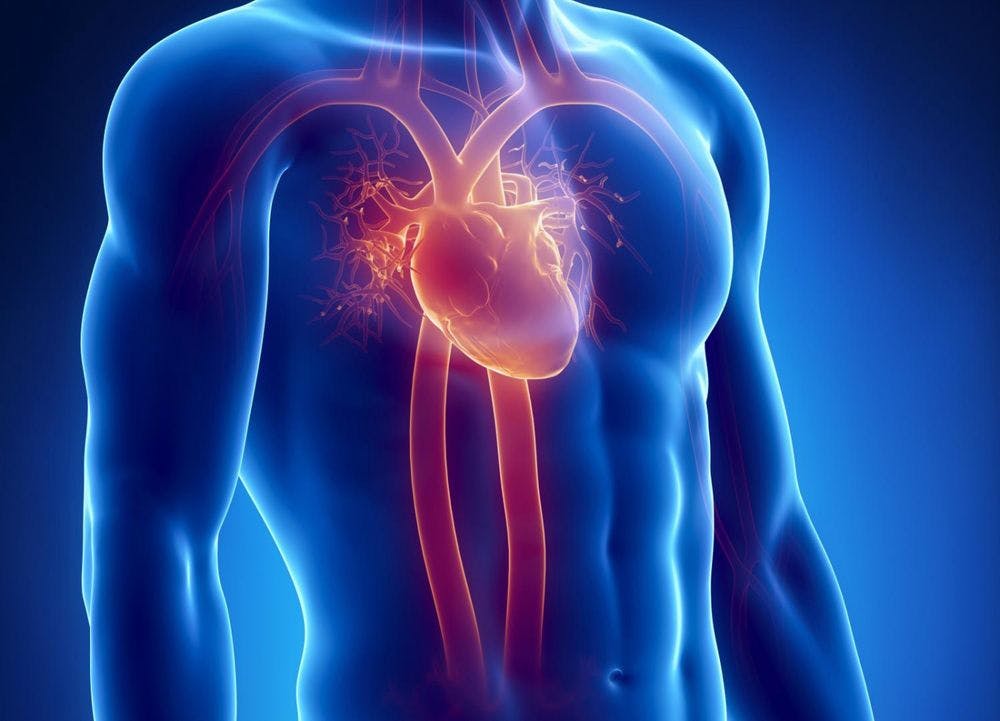How to Lower Your Risk of Cardiovascular Disease with Lifestyle Changes

How to Lower Your Risk of Cardiovascular Disease with Lifestyle Changes
Cardiovascular disease (CVD) is a major cause of death and disability in the United States. It is estimated that more than 600,000 people die from CVD each year. The good news is that many of these deaths can be prevented by making lifestyle changes. Here are some tips on how to lower your risk of CVD with lifestyle changes.
Eat a Healthy Diet
Eating a healthy diet is one of the most important steps you can take to reduce your risk of CVD. Eating a diet rich in fruits, vegetables, whole grains, and lean proteins can help lower your cholesterol levels and reduce your risk of heart disease. It's also important to limit foods that are high in saturated fat, trans fat, and sodium.
Exercise Regularly
Regular physical activity can help lower your blood pressure and cholesterol levels, as well as reduce stress and improve overall health. Aim for at least 30 minutes of moderate-intensity physical activity on most days of the week. This could include walking, jogging, swimming, or biking.
Quit Smoking
Smoking increases your risk for CVD by damaging the walls of your arteries and increasing your blood pressure and heart rate. Quitting smoking can help reduce this risk significantly. If you need help quitting smoking, talk to your doctor about medications or other strategies that may be helpful for you.
Manage Stress
Stress can have a negative impact on both physical and mental health. It's important to find ways to manage stress in healthy ways such as exercising regularly, meditating or practicing yoga, spending time with friends or family members, or talking to a therapist or counselor if needed.
Get Enough Sleep
Getting enough sleep is essential for good health and can help reduce stress levels as well as improve overall wellbeing. Aim for 7-8 hours per night for optimal health benefits. If you have trouble sleeping at night try avoiding caffeine late in the day or limiting screen time before bedtime.
Monitor Your Blood Pressure Regularly
High blood pressure increases your risk for CVD so it's important to monitor it regularly if you have been diagnosed with hypertension or if you are at an increased risk due to family history or other factors such as obesity or diabetes. Talk to your doctor about what steps you should take if you have high blood pressure readings so that you can make lifestyle changes accordingly if needed.
Limit Alcohol Consumption
Drinking too much alcohol can increase your risk for CVD so it's important to limit consumption if possible. The American Heart Association recommends no more than two drinks per day for men and one drink per day for women if alcohol consumption is part of an overall healthy lifestyle plan that includes regular exercise and a healthy diet low in saturated fat and sodium intake .
Make Healthy Lifestyle Choices
Making healthy lifestyle choices such as eating a balanced diet rich in fruits and vegetables; exercising regularly; quitting smoking; managing stress; getting enough sleep; monitoring blood pressure; limiting alcohol consumption; all play an important role in reducing the risk of cardiovascular disease (CVD). Taking these steps now will not only help lower your risk but also improve overall wellbeing now and into the future!

